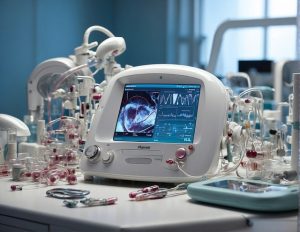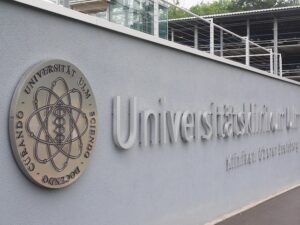Medical Record Translation UK: Ensuring Quality & Compliance for Healthcare Authorities
In the fast-paced healthcare sector, Medical Record Translation UK services are indispensable for secure and effective communication. Professional translators navigate medical terminologies and cultural nuances, preventing misdiagnosis and incorrect…….
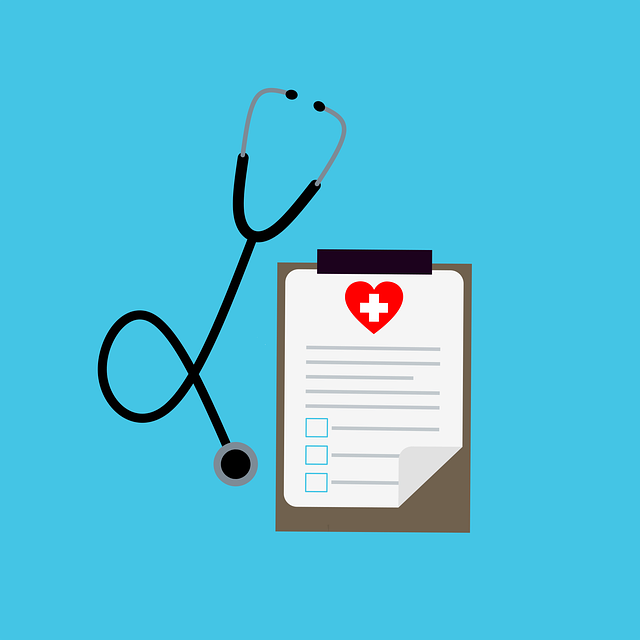
In the fast-paced healthcare sector, Medical Record Translation UK services are indispensable for secure and effective communication. Professional translators navigate medical terminologies and cultural nuances, preventing misdiagnosis and incorrect treatments. Strict adherence to regulatory guidelines, particularly by the National Health Service (NHS), is crucial for data integrity and patient privacy. Specialized translators with medical expertise ensure precise translations that meet UK requirements, preserving critical nuances and context. Choosing the right language services provider involves evaluating experience, confidentiality, and turnaround times. Best practices include using certified translators, maintaining word-for-word accuracy, and implementing rigorous proofreading. Technological innovations like AI and ML are revolutionizing translation speed and accuracy for medical records in the post-Brexit era.
In the dynamic realm of healthcare, accurate medical document translation is paramount for effective communication within the UK’s stringent regulatory environment. This article delves into the intricate world of medical record translation, exploring its significance and the challenges it presents. From navigating regulatory requirements to understanding the critical role of professional translators, we provide insights into ensuring quality and consistency. Additionally, we analyze common pitfalls, offer guidance on choosing reliable language service providers, and present best practices for successful communication with UK authorities. Case studies highlight effective translations in healthcare settings, while exploring future trends that will shape medical document translation practices across the UK.
- Understanding the Importance of Accurate Medical Translations
- Navigating Regulatory Requirements for Medical Document Translation in the UK
- The Role of Professional Translators in Ensuring Quality and Consistency
- Common Challenges in Translating Medical Records
- Choosing the Right Language Services Provider for Your Medical Documents
- Best Practices for Effective Communication with UK Authorities
- Case Studies: Successful Translations in Healthcare Settings
- Future Trends in Medical Document Translation and Their Impact on UK Practices
Understanding the Importance of Accurate Medical Translations

In the dynamic landscape of healthcare, where precision and timeliness are paramount, accurate medical translations play a pivotal role in ensuring effective communication within the UK’s regulatory framework. Medical Record Translation UK services are not merely about converting text from one language to another; they involve a nuanced understanding of medical terminology, concepts, and cultural contexts to maintain the integrity of patient information.
The implications of inaccurate translations can be far-reaching. Misinterpreted medical records could lead to misdiagnosis, incorrect treatment plans, or even potential legal consequences. Therefore, when dealing with sensitive UK authorities, healthcare providers must rely on professional translation services that cater specifically to medical documents. These specialized translators are adept at navigating complex terminologies, ensuring that critical patient data is conveyed accurately and reliably.
Navigating Regulatory Requirements for Medical Document Translation in the UK

Navigating the complex landscape of medical document translation in the UK is a critical step for any organisation or individual dealing with healthcare information. The process involves adhering to stringent regulatory requirements set by the country’s authorities, ensuring precision and confidentiality. In the case of Medical Record Translation UK, strict guidelines must be followed to maintain data integrity and patient privacy.
The UK’s National Health Service (NHS) and other medical bodies have specific standards for translations, including the use of approved translation services and qualified translators with expertise in medical terminology. These requirements are designed to safeguard the accuracy and reliability of translated documents, which are often used for patient diagnosis, treatment, and insurance claims. Compliance is essential to avoid legal and ethical pitfalls, ensuring that every detail is conveyed correctly across languages.
The Role of Professional Translators in Ensuring Quality and Consistency

In the realm of medical record translation UK, professional translators play a pivotal role in ensuring quality and consistency across various documents. These experts are well-versed in both language and medical terminology, allowing them to accurately convey complex information while maintaining critical nuances. They employ meticulous processes, including extensive linguistic knowledge, cultural understanding, and industry-specific expertise, to deliver precise translations that meet the stringent standards of UK authorities.
Professional translators also facilitate effective communication by considering not just word-for-word translation but also contextual and conceptual equivalency. This approach guarantees that medical records remain clear, coherent, and legally compliant. Their work is especially crucial in healthcare, where even minor errors can have significant implications for patient care and legal outcomes. Thus, hiring qualified translators is essential to uphold the integrity of medical documentation.
Common Challenges in Translating Medical Records

The translation of medical records presents unique challenges due to several factors. Firstly, medical terminology is highly specialised and often includes technical jargon that requires precise rendering in a target language. Accurate translations demand an understanding not just of words but also of clinical concepts and practices. For instance, terms related to diagnoses, treatments, and medications must be accurately conveyed to maintain the integrity of patient information.
Secondly, cultural differences play a significant role. Medical documentation may include references to local customs, practices, or even specific regional variations in healthcare that need adaptation for a different cultural context. Language nuances and idiomatic expressions can also lead to potential errors if not carefully considered during translation. In the UK, where medical records are crucial for patient care and legal purposes, ensuring accurate translations is essential to avoid miscommunication and potential health risks associated with incorrect interpretation of medical data.
Choosing the Right Language Services Provider for Your Medical Documents
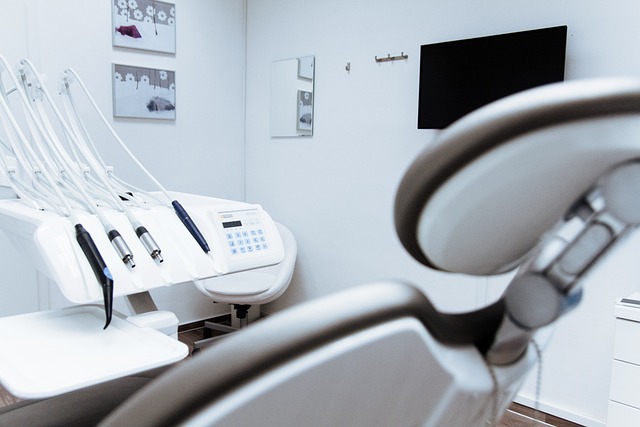
When it comes to medical document translation for UK authorities, selecting the appropriate language services provider is paramount. Look for a company that specialises in Medical Record Translation UK, with experienced translators who understand the nuances of medical terminology and concepts. Reputable firms will have a proven track record of handling sensitive information securely and accurately, adhering to strict confidentiality standards.
Consider their capabilities in terms of languages covered, turnaround times, and quality assurance processes. Online reviews and case studies can provide valuable insights into their performance and client satisfaction. Ultimately, choosing a reliable and experienced provider ensures the integrity and accuracy of your medical records, facilitating seamless communication with UK authorities.
Best Practices for Effective Communication with UK Authorities
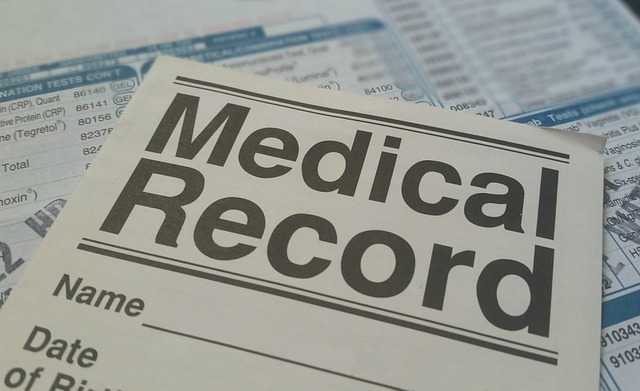
When communicating medical records translations for UK authorities, adherence to best practices ensures effective and efficient processing. First and foremost, maintain a professional tone throughout all interactions. Clear and concise language is paramount; avoid jargon or technical terms that might confuse officials. Additionally, provide context and relevant details about the patient’s condition, treatment history, and any specific medical terminology for accurate understanding.
Utilize certified translators with expertise in medical documentation to guarantee precision. Ensure translations are word-for-word and retain the original meaning. Proofreading is another critical step; have a second set of eyes review the translation for errors or inconsistencies. Lastly, keep records well-organized and easily accessible, using digital platforms where possible to expedite the UK authorities’ review process for medical record translations.
Case Studies: Successful Translations in Healthcare Settings

Successful translations of medical records have become increasingly vital in the UK, especially with the growing multicultural healthcare landscape. Case studies demonstrate the importance of accurate and timely translation services for effective patient care. For instance, a recent study highlighted how efficient Medical Record Translation UK services improved access to care for non-English speaking patients, ensuring their medical histories were accurately conveyed to healthcare providers. This, in turn, led to more informed diagnoses and treatment plans, enhancing overall patient outcomes.
Another compelling example involves a major NHS hospital that implemented a new electronic health record (EHR) system. To ensure seamless transition, professional translators were engaged to translate vast amounts of historical medical records from various languages. The project was a success, demonstrating how skilled translators can help healthcare organizations navigate complex data migration processes while maintaining patient confidentiality and data integrity. These real-world applications underscore the critical role that precise Medical Record Translation UK services play in modern healthcare settings.
Future Trends in Medical Document Translation and Their Impact on UK Practices

The future of medical document translation in the UK is poised for significant advancements, driven by technological innovations and evolving healthcare landscapes. Artificial Intelligence (AI) and Machine Learning (ML) are set to revolutionize this field, offering faster and more accurate translations for medical records, reports, and research papers. Advanced AI algorithms can now handle complex medical terminologies, ensuring precise and contextually relevant translations, which is particularly crucial for UK authorities dealing with diverse patient populations and international healthcare data exchange.
Additionally, the integration of neural machine translation (NMT) models promises to enhance the quality and consistency of translations, making them more reliable for clinical decision-making. This trend will enable faster processing of medical records from EU countries post-Brexit, ensuring uninterrupted access to patient history and treatment plans. As technology advances, UK practices can expect improved efficiency, reduced costs, and enhanced accuracy in managing medical record translation, ultimately benefiting patients and healthcare providers alike.
Accurate medical record translation is paramount for effective communication within the UK healthcare system. As highlighted throughout this article, understanding regulatory requirements, leveraging professional translators, and adopting best practices are essential to ensuring quality and consistency in translations. By navigating these aspects effectively, healthcare providers can facilitate seamless interactions with UK authorities, ultimately enhancing patient care and safety. When choosing a language services provider, prioritizing expertise and compliance with Medical Record Translation UK standards is key to achieving successful outcomes.


